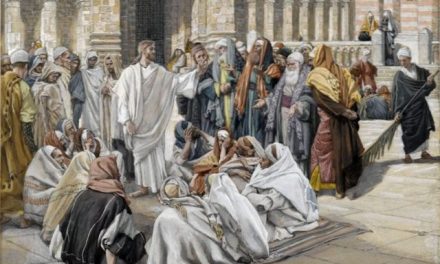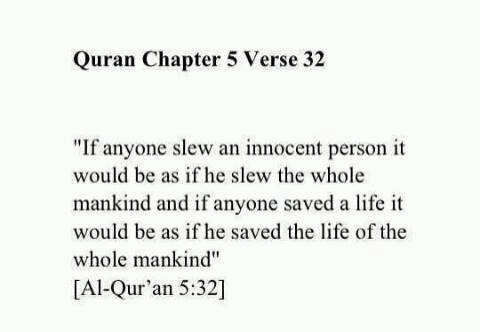Readings: Exodus 34:4-9; 2 Cor. 13:11-13; Jn. 3:16-18
One theological mistake about the Trinity is to reduce it to an example of some more abstract idea: say, that God is “relational.” Or even to make it demonstrate something about anthropology: we humans are “relational” as persons. While these inferences are true, they aren’t really what the doctrine is about. The doctrine is about who God is, not as “relational,” but as the Father, Son, and Holy Spirit. The language of “persons,” after all, came about not as a divine claim which then was applied to humans. The language is analogical – the human reality of personhood (of a certain time) served as analogical language for God’s own identity. The main point of the doctrine is to tell us that the God we find revealed in salvation history really is the God who actually exists. There is no “further God” behind the curtain, and the fullness of God is revealed in all the persons. This is especially important because of how the fullness of God was in Christ, but it goes deeper than that. It suggests that God is not simply loving toward us, but rather than “God is love” full stop.
The other theological mistake about the Trinity that seems prevalent is sort of the opposite of reducing the Trinity to relationality. Going by the traditional name “modalism,” the persons of the Trinity become different masks worn by God at different times. I’ve even heard talk about people naming “their favorite person in the Trinity.” Here again, what is lost in the reality of the three persons, not just as masks but persons whose existence is wholly given over to the relationships in which they exist. For a long time, I was one of these monotheist modalists; and I failed to understand how radical the teaching really is.
The readings for this Sunday may seem puzzling – after all, there is no compact, obvious summary of the Trinity anywhere in the Scriptures. But all the readings get at exactly what the two errors about miss: God’s real, if mysterious, identity. That is, we are told about who God really is. The psalm celebrates knowing God’s name.
But the other readings push on this identity a bit further. All of them suggest that God is (of course) a God of great love. But, as St. John Paul II said, God’s love looks a certain way in the midst of the fallen world – it looks like mercy. And so the Israelites in the first reading experience God as “slow to anger and full of kindness” precisely because they are recognized as a “stiff-necked people.” And the familiar saying of John 3:16 – God so loved the world – seems to climax in the insistence that God did not send His Son to condemn the world. And yet (as we know in John’s gospel) the world is condemned because of its response to God’s great love. And so knowing who God is – at least in this readings – is both comforting and challenging. It is easy to call on God with the familiar words “Our Father,” and to appeal to the stirring inspiration of the Holy Spirit, and to raise up the gentle, loving Jesus. But do we respond in kind?
Because this God of love and mercy really is who God is. The God of the story is God. Can we accept that there is no other?





